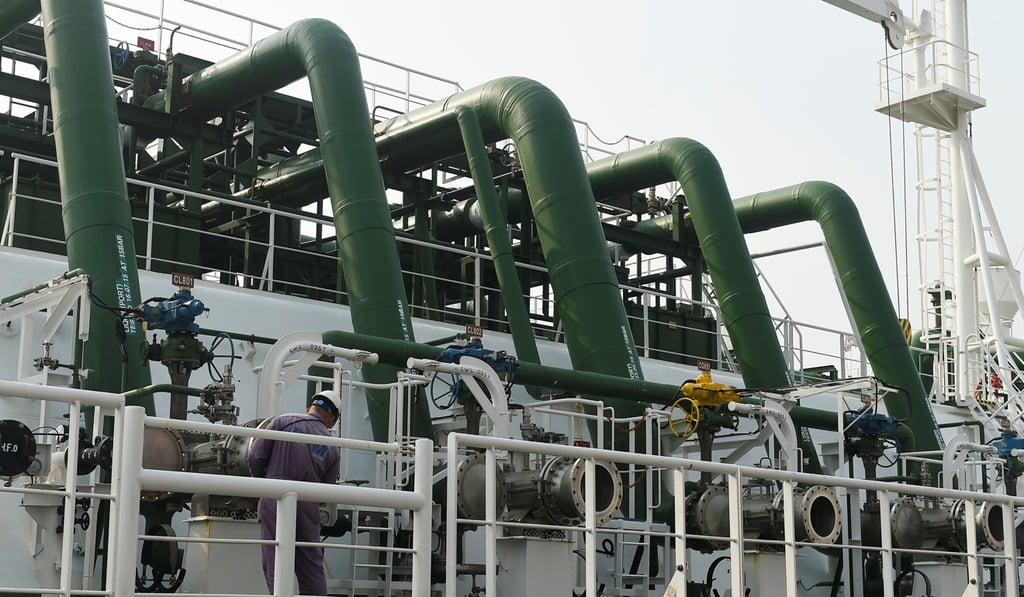Will Beijing overthrow the global order? Why would it, when international institutions have made China richer?
- Since WTO accession, China has both benefited from and bolstered cooperation at the international level. Still, Beijing is more than willing to challenge multilateral institutions which it feels have not given China its due

In recent years, China’s lead role in establishing new multilateral institutions – including the Shanghai Cooperation Organisation, the Asian Infrastructure Investment Bank (AIIB) and the New Development Bank – has raised fears that the government aims to topple the existing world order. This interpretation misses a crucial point: China has benefited immensely from and continues to participate actively in – and even ardently defend – that very order.
China had no say in the formulation of today’s prevailing multilateral rules and structures, but it has generally adhered to them. To gain entry to the World Trade Organisation in December 2001, for example, China acceded to a multitude of rules and eased or eliminated more than 7,000 tariffs, quotas and other trade barriers.
The sacrifice was worth it. Membership in the WTO not only protected China’s interests in international trade relations; it also created commercial opportunities and new markets, and helped raise standards of living significantly for hundreds of millions of people. Without the rules-based global trade system, China would not have become the superpower it is today.
China’s economic rise raised the need for cooperation in many other areas, including energy. The energy sector was unprepared for the boom that followed WTO accession in the early 2000s, so there were too few power stations to meet the increase in demand from new factories. Many companies were forced to operate their own generators, fuelled by imported diesel, which contributed to rising global oil prices.

